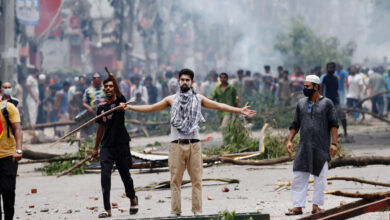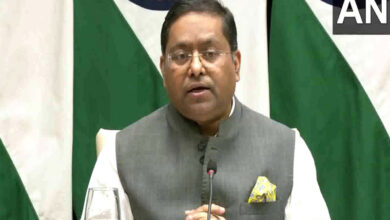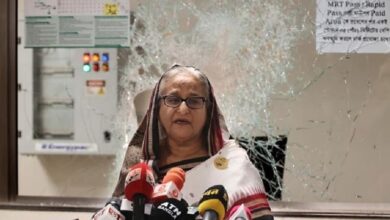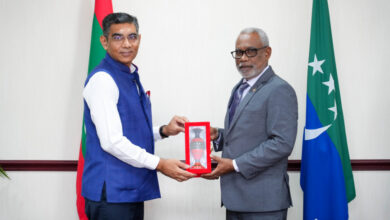Bangladesh’s FS Addresses US ‘Interference’ and Bilateral Relations During India Visit
Election schedule has been announced by the Election Commission which is independent and the government also committed to hold free and fair elections, he said
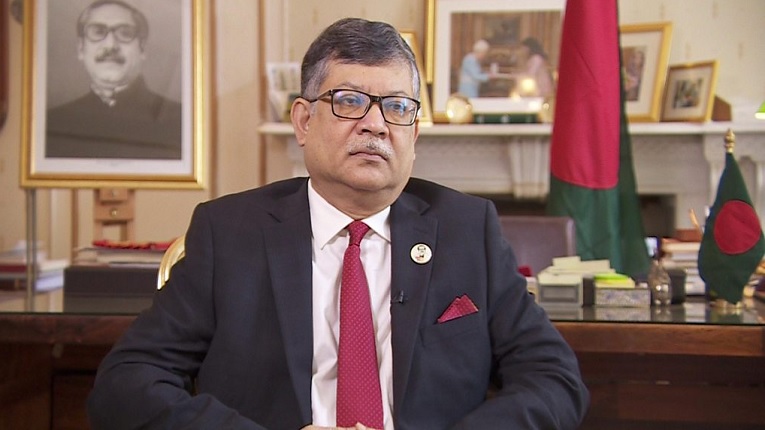
New Delhi: Bangladesh’s Foreign Secretary, Masud Bin Momen, engaged with Indian media to discuss the nation’s stance on perceived US interference in its domestic affairs and shed light on the ongoing bilateral discussions with India.
Responding to questions on the United States’ position regarding Bangladesh’s upcoming elections, Masud Bin Momen emphasized Bangladesh’s commitment to maintaining engagement with any country raising concerns about its domestic affairs. He highlighted that the Election Commission, an independent body, has announced the election schedule, and the government is dedicated to ensuring free and fair elections.
During the 2+2 India-US talks, Masud mentioned that his Indian counterpart, Vinay Mohan Kwatra, reiterated India’s stance on Bangladesh’s elections and appreciated the commitment to holding the polls as per the people’s wishes and institutional processes.
Masud expressed optimism about the electoral process, stating that political parties, with a few exceptions, are actively participating in the various stages of nominating and selecting candidates. He welcomed foreign observers to ensure transparency in the electoral process.
Addressing concerns about shortages of certain agricultural commodities, Masud mentioned discussions with Indian authorities. He expressed the need for assurances from India that necessary supplies could be provided promptly. While acknowledging potential challenges, he stressed the importance of identifying relevant institutions and entities to facilitate the process.
Regarding bilateral discussions with India, Masud described his meeting with Vinay Mohan Kwatra as fruitful. They covered a range of issues, including regional and multilateral concerns, and took stock of significant developments in 2023. The discussion also touched on the Comprehensive Economic Partnership Agreement (CEPA), with Bangladesh set to graduate from the Least Developed Country (LDC) group by November 2026.
Masud explained that after 2026, international support measures would be withdrawn, necessitating discussions on trade agreements. The two nations are working on a CEPA, aiming to have it in place by November 2026. The foreign secretary emphasized the importance of continued support measures, highlighting India’s role in providing tariff benefits under SAFTA to LDCs under SAARC.
The foreign secretary’s visit to New Delhi for foreign office consultations covered various issues, including connectivity, the Rohingya crisis, and quotas for essential commodities. The discussions showcased the shared commitment of Bangladesh and India to strengthen their bilateral ties and address regional challenges collaboratively.

